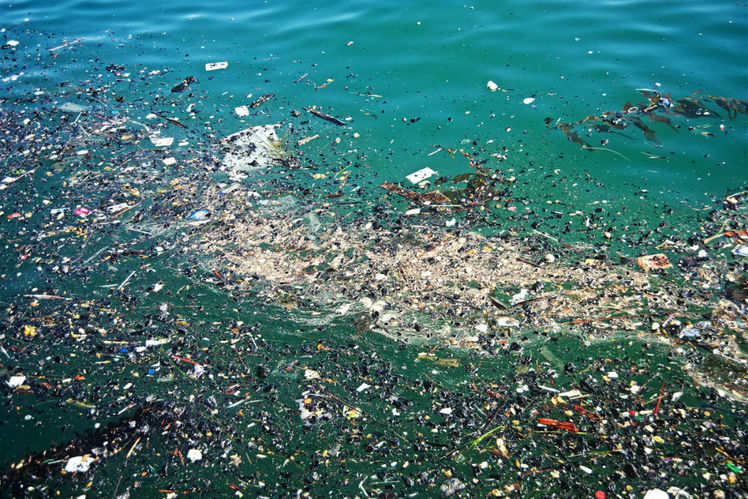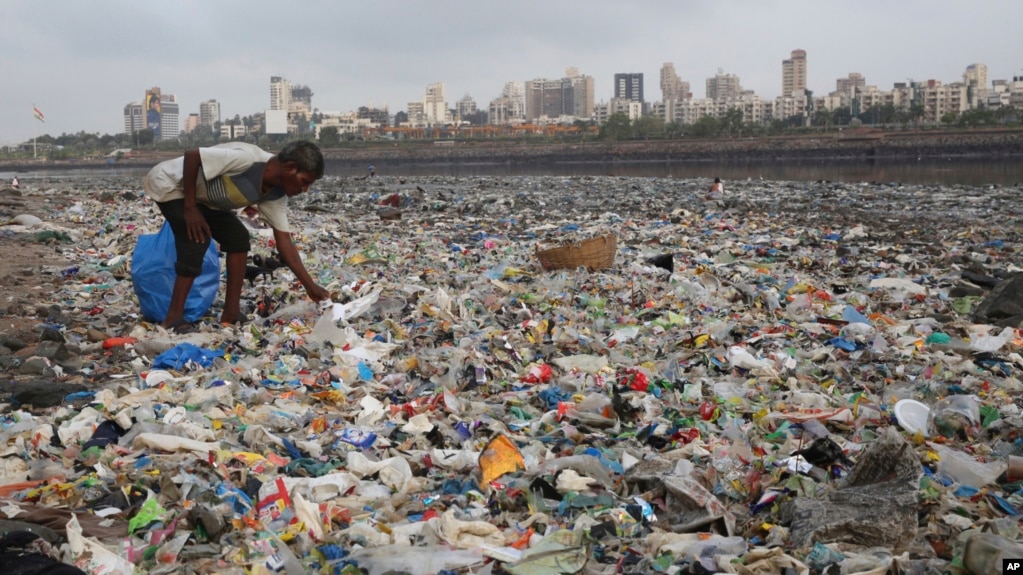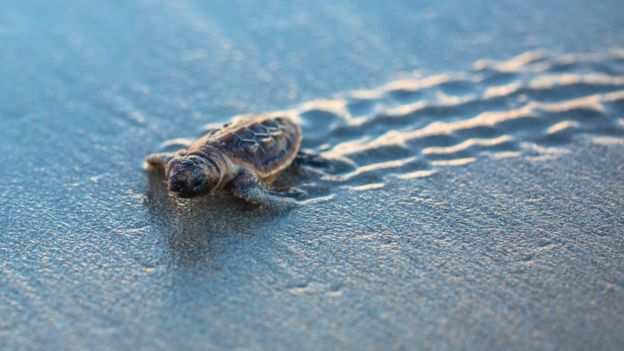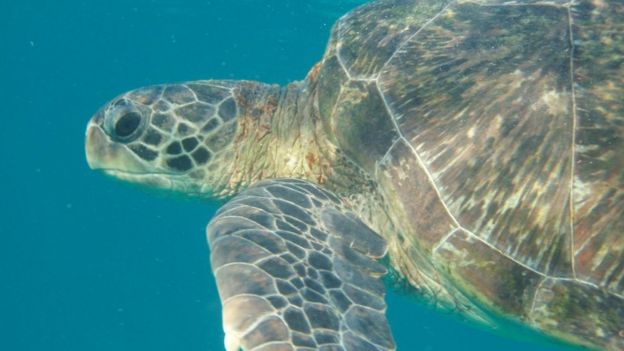

Three times the size of France and growing fast.
The study, which analyzed a total of 1.2 million plastic samples retrieved from the patch as well aerial scans, estimates that there are at the very least 79 thousand tons of plastic floating around in an area of more than 617,000 square miles – a figure that is between four and 16 times higher than previously thought.
And it's killing wildlife.
How long do we wait around until doing something about it? I'm curious as to why there appear to be no civilian co0mpanies taking advantage of it by harvesting what can be recycled.
Story @ The Great Pacific Garbage Patch is three times the size of France and growing, study finds








